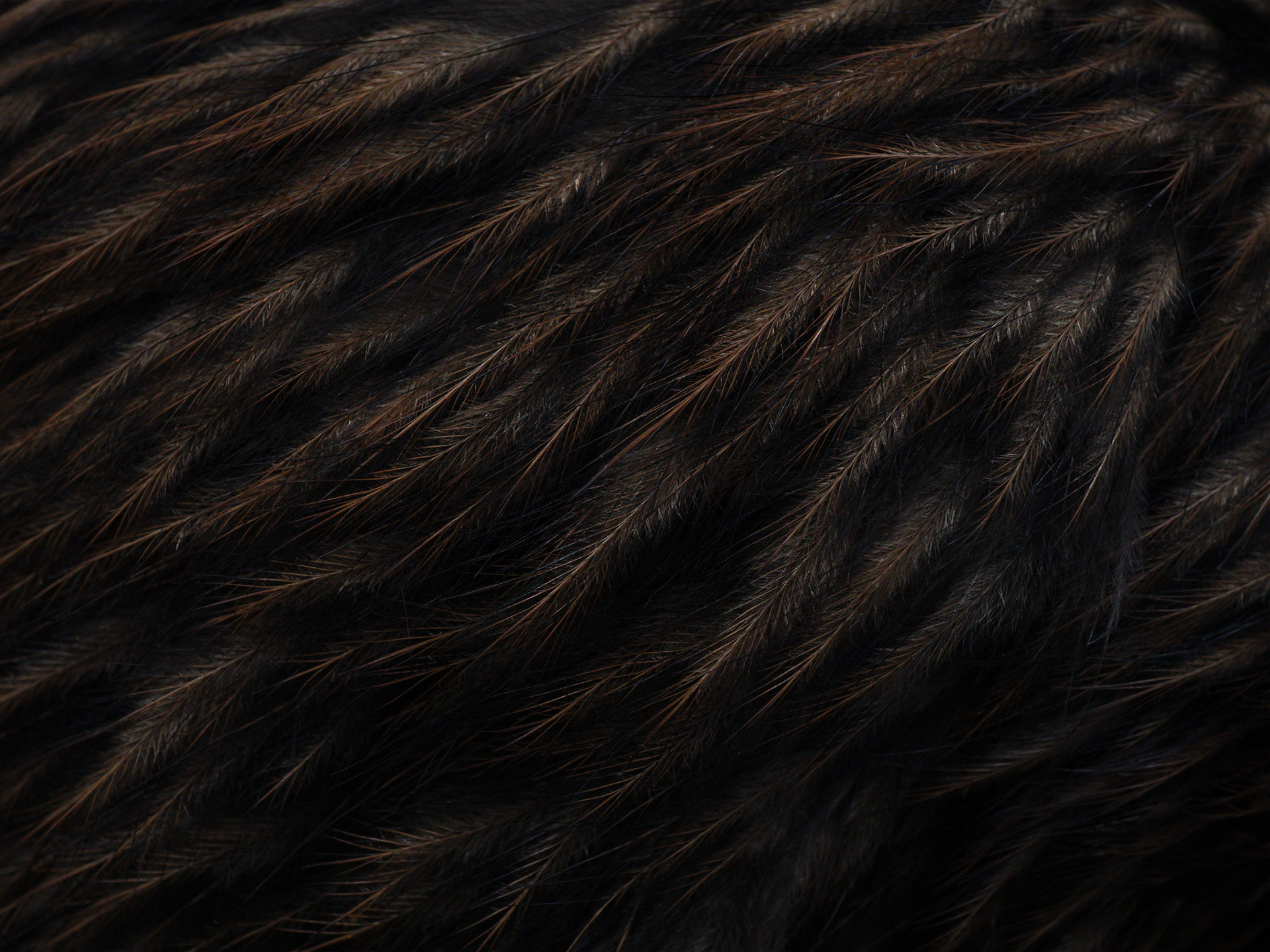Wildbase – it’s an evocative name, conjuring up all kinds of exotic images. Wildbase is the name recently applied to Massey University’s Wildlife Health Centre; these are the guys who played such a prominent part in cleaning up marine animals in the aftermath of the Rena oil-spill.
Wildbase is anything but exotic. It’s a tiny, ultra-functional space of just 22 square metres, with limited rehab facilities for injured and recuperating animals. “We do food preparation, fridge storage, treatment, and surgery all in here,” explains Wildbase director Brett Gartrell.
In the last 10 years in the cramped adjunct to the Massey Veterinary school, the country’s only dedicated wildlife hospital has treated more than 1800 native animals – half of them on the threatened or endangered list.
In the recuperation “cupboard” there is a recovering takahe. In the main room, an adult kiwi rests in an incubator covered by a towel. “We are juggling patients,” Brett says. ” We have a high turnover with more patients than we have room for.”
Thankfully, things are about to change. Last week, Massey announced a $1.4 million extension to Wildbase that will see it increase more than ten times in size. Plans include separate operating theatres, an intensive care unit, an exercise swimming pool for marine birds and mammals and better rehab facilities.
Wildbase launched its public fundraising efforts for the project with an announcement that Shell New Zealand, a sponsor since the centre was established, will contribute $400,000 towards the project and provide an additional $40,000 a year in operational support for the next decade. A quarter of the amount is to be funded by the university itself, with additional funds to come from public donations.
Massey also plans to build an extensive rehabilitation centre at the city’s Esplanade aviary, based on a wildlife centre in Seattle, USA, in partnership with the Palmerston North City Council. The aviary will act as a half-way house for native birds on the mend.
As well as treating afflicted animals, Wildbase is also a centre for research. As part of her PhD, Wildbase veterinarian Kerri Morgan is investigating a parasitic gastrointestinal and renal disease called coccidiosis that affects young kiwi (and also domestic poultry) in captivity.
Massey’s vice-chancellor Steve Maharey says despite its cramped conditions, Wildbase has developed an international reputation, and the fundraising appeal is one that “goes to the heart of our national identity. New Zealanders are people who want to see this kind of work supported”.
Source: Manawatu Standard
